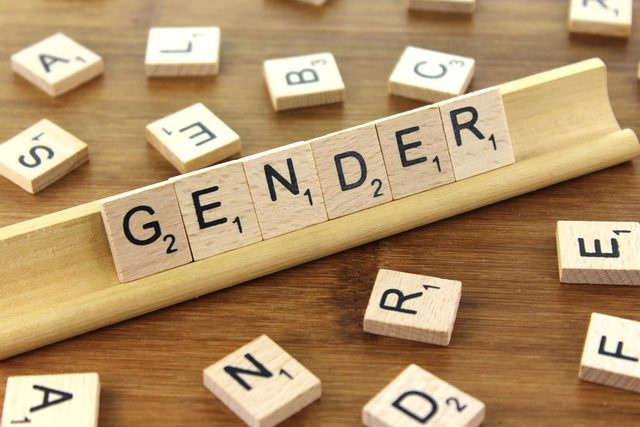Widening gender inequality has meant this is now an urgent imperative, say political leaders.
The 2019 Global Gender Summit was the first to be held in Africa. Last week saw Africa leaders gathered in Kigali Rwanda to answer the call strong call to surge ahead on gender issues and move from commitment to action. Closing the gender gap in Africa and achieving gender parity in all aspects of society has become an urgent imperative as gender inequality has widened even further this year compared to last year.
Ethiopia’s woman President Sahle-Work Zewde said their parliament was one of the only two on the continent with over 50 percent gender parity in seats, while women currently hold key ministerial roles in defence and national security for the first time. But this was only the beginning of the work that needed to be done.
“There is good momentum for women and African women, but the work has just started…‘There is no template to follow…we (women) can deliver, but we can deliver differently,” President Zelda said.
President Paul Kagame of Rwanda, who officially opened the Summit, described gender equality as “real commonsense.” Rwanda leads the world in gender representation in parliament with 61 percent of its parliamentarians being women — the highest in the world. In addition, half of all ministerial positions are held by women, just like in Ethiopia.
Launching the first edition of the Africa Gender Index, the AfDB and United Nations Economic Commission for Africa (Uneca) said 70 percent of women were excluded financially in Africa. The continent has a R612 billion financing gap between men and women. And women, who are the majority of farmers, face a financing gap of close to R233 billion.
“The challenges are not just about gender. They are about under-representation and lack of empowerment of women,” said African Development Bank President Akinwumi Adesina.
A study by McKinsey had already shown that achieving gender parity could take 140 years in Africa. The McKinsey report said that advancing women’s equality could add 10 percent to African GDP by 2025.
The Gender Index provides useful tools not only for engaging with stakeholders but also as a tool for holding themselves accountable for delivering on their commitments. The index is aimed at informing policies to transform economies and to propel governments to adopt an ambitious agenda for making gender equality a reality throughout the continent.
Chairperson of the African Union Commission Moussa Faki Mahamat said the African Union’s Agenda 2063 was deliberate about gender parity.
“What we are telling our heads of states is to take the bull by the horns…This discrimination is political, economic, and social; it is politically incorrect, unjustifiable socially…not to take (gender) into account is a real waste.”












